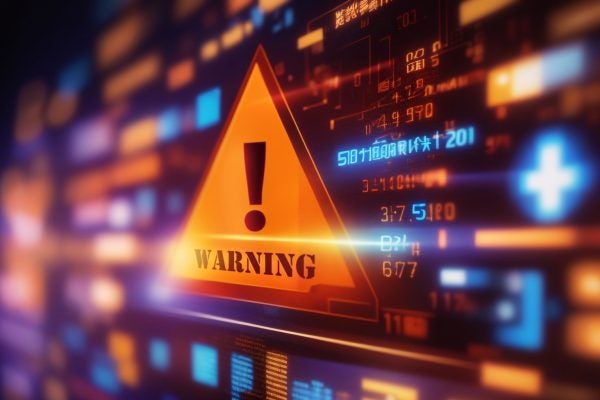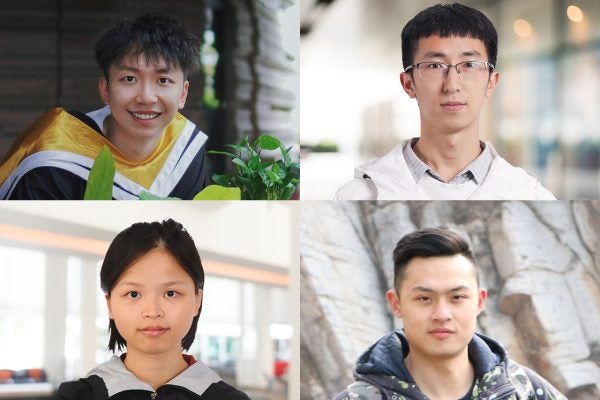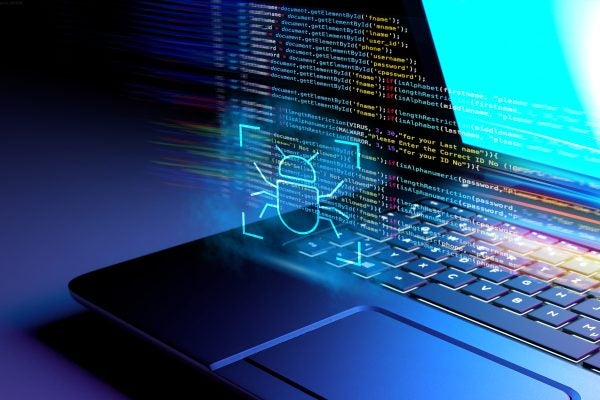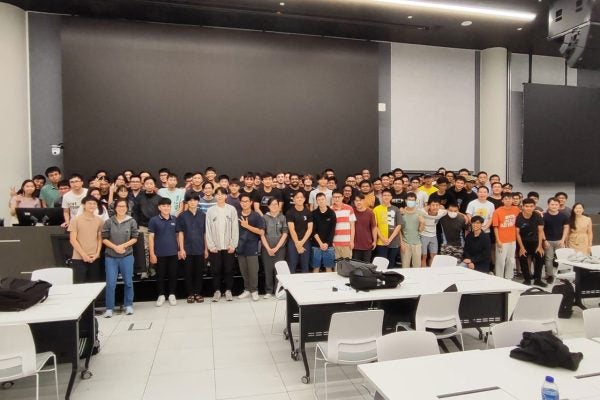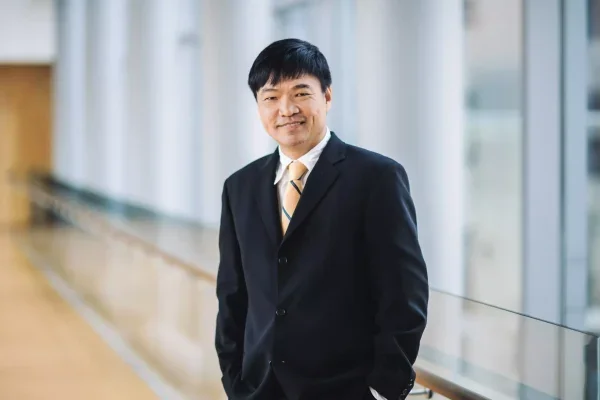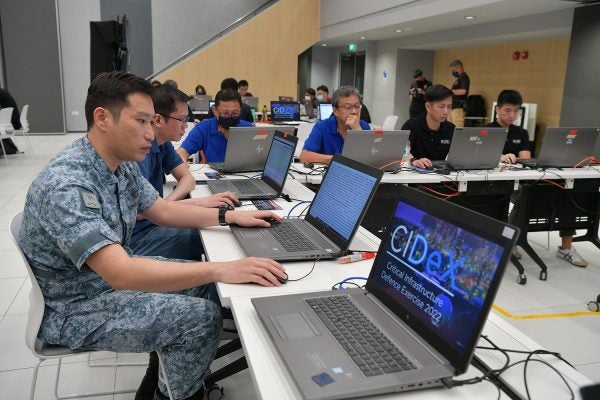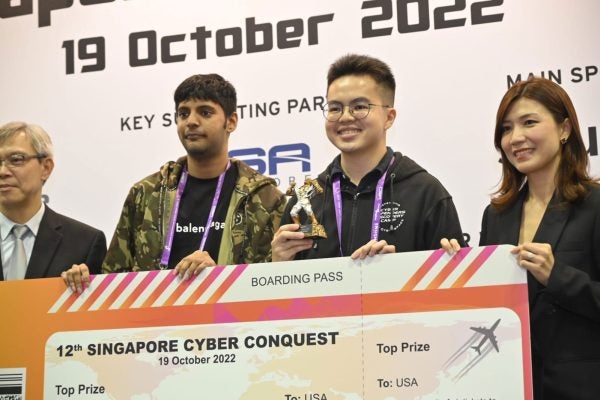Filtered by: Security
Professor Anthony Tung shares about Dark AI and Cybersecurity issues on 8world Click IT.
Despite the global rise in ransomware attacks, “the increase is not at an alarming rate”, Associate Professor Liang Zhenkai from the National University of Singapore’s department of computer science told CNA. “Ransomware has been around for many years, with a big surge during the COVID-19 pandemic due to the large-scale work from home arrangement,” he explained. He urged firms to remain vigilant, including by having good data backup and recovery as well as cyber hygiene processes. These include not downloading and running programmes from unknown sources, and not using accounts with administrator privileges for day-to-day tasks.
Dr Sanka Rasnayaka, a lecturer from the department of computer science at the National University of Singapore’s School of Computing, cautioned against giving biometric data to private entities.
He noted that governments are held to higher standards in safeguarding biometric data and maintaining transparency about its use.
Dr Rasnayaka, who researches biometrics and artificial intelligence, said biometrics can be misused for identity theft, surveillance and discrimination, as it reveals information such as a person’s age, race, gender and even certain medical conditions.
In a data leak or breach involving personal biometric data, the effects might be irreversible if bad actors get their hands on the information.
“Criminals could use stolen biometric data to impersonate victims on platforms that rely on biometric identity, such as banks and government services,” he said. “Biometric data cannot be changed, making any breach potentially lifelong.”
Provost's Chair Professor Mohan Kankanhalli and Professor Anthony Tung caution against social media oversharing, stressing the risks of divulging excessive personal information, especially about children. They call for heightened awareness and education to combat these dangers, underlining the need to verify content and employ technology for fraud detection.
Associate Professor Kan Min Yen emphasises that Southeast Asia's regulations are less detailed compared to the EU's, citing the region's diverse digital landscape and emerging infrastructure as reasons why strict enforcement might be challenging.
Highlighting the escalating sophistication of fraudsters in their tactics, detecting fraud presents a formidable challenge due to the sheer volume of legitimate transactions, as emphasised by Professor Hahn Jungpil.
Professor Hahn Jungpil underscores the need for the public to exercise scepticism and verify information sources amidst the rising threat of deepfake technology for spreading misinformation.
CIDeX 2023 is held from 22 to 24 November at the National University of Singapore (NUS) School of Computing. It is organised by the Digital and Intelligence Service (DIS) and the Cyber Security Agency of Singapore (CSA), and supported by iTrust/SUTD and the National Cybersecurity R&D Laboratory (NCL).
MINDEF Singapore, 24 November 2023
The Digital and Intelligence Service (DIS) organised the inaugural Critical Infrastructure Defence Exercise (CIDeX) from 15 to 16 November at the National University of Singapore (NUS) School of Computing.
MINDEF, 16 November 2022
Goh, a former MyRepublic mobile subscriber, was one of nearly 79,400 other customers who had their personal data potentially accessed by hackers when the telco's third-party servers were compromised on Aug 29 this year. He had ported his mobile number to MyRepublic to take advantage of its cheaper rates, but has since ported back to his previous telco after the breach.
Data, including scanned copies of both sides of National Registration Identity Cards (NRICs) were potentially exposed in the MyRepublic breach. The information had been used to verify the identity of customers applying for their mobile services.
By now it’s highly likely that the camera in your smartphone has become the primary (or even only) way that you take pictures. Today’s advanced smartphone camera setups are capable of much more than snapping scenery or selfies, though. Did you know they can reveal the location of hidden spy cameras?
This new ability is thanks to the addition of a time-of-flight (ToF) sensor to many new models. The sensor helps a smartphone analyze depth information about a scene that’s being photographed.
HelpNetSecurity, 23 November 2021
TechRadar, 20 November 2021
Forbes, 19 November 2021
The Register, 18 November, 2021
-
Computing 1
13 Computing Drive
Singapore 117417
© National University of Singapore. All Rights Reserved. • Legal • Branding guidelines




